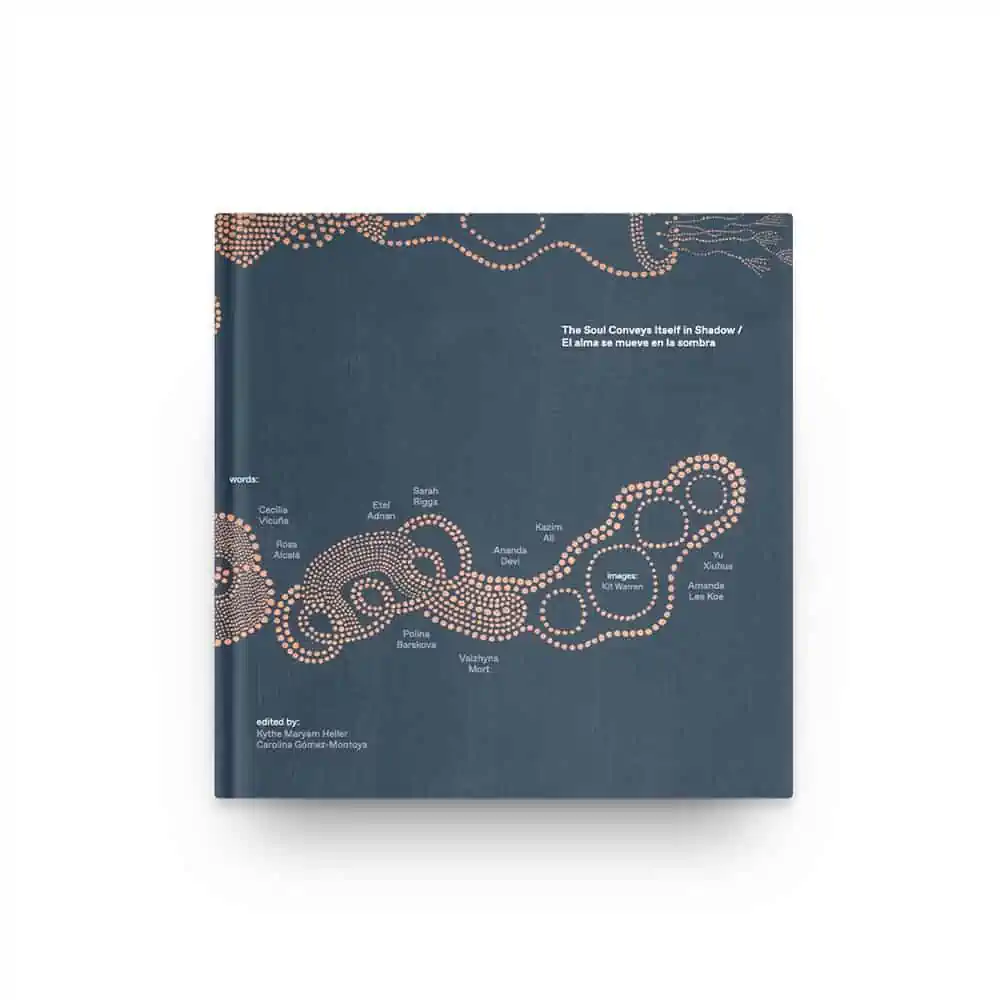
Valzhyna Mort
Valzhyna Mort is a poet and translator born in Minsk, Belarus. She is the author of three poetry collections in English: Factory of Tears (Copper Canyon Press, 2008), co-translated from the Belarusian by Elizabeth Oehlkers Wright and Franz Wright, Collected Body (Copper Canyon Press, 2011), and Music for the Dead and Resurrected (FSG, 2020), named one of the best poetry books of 2020 by The New York Times and NPR, and the winner of the 2020 Interna- tional Griffin Poetry Prize and the 2022 UNT Rilke Prize. Mort’s Belarusian books are Я тоненькая як твае вейкі (Lohvinau, 2005), Эпідэмія Ружаў (Lohvinau, 2017), and Песні Для Мёртвых і Ўваскрэслых (Pflaumbaum, 2022). She is a recipient of fellowships from the Guggenheim Foundation, the American Academy in Rome, the Lannan Foundation, and the Amy Clampitt Foundation. Her work has been honored with the Bess Hokin Prize from Poetry, the Glenna Luschei Prairie Schooner Award, and was short-listed for the Forward Prize. Her international honors include the Burda Prize for Eastern European authors (Germany), Crystal of Vilenica Prize (Slovenia), and fellowships from Sylt Foundation, Literary Colloquium Berlin, Gaude Polonia Scholarship in Warsaw, Literarisches Haus Graz Fellowship in Austria, and Alice Yard Artist Residency in Port of Spain, Trinidad. Her essays and poetry have appeared in The Best American Poetry, The New Yorker, The New York Times, The Financial Times, Poetry, Poetry Review, Granta, The White Review, The Baffler and many more. With Ilya Kaminsky and Katie Farris, Mort co-edited Gossip and Metaphysics: Russian Modernist Poems and Prose (Tupelo Press, 2014). She is also the editor of Something Indecent: Poems Recommended by Eastern European Poets (Red Hen Press, 2013).
In an article from The New Yorker, Jennifer Wilson writes, “That a bard of the unsayable would emerge from Belarus is not an accident. Given the suppression of artists and intellectuals under Stalin, in the nineteen-thirties, and the current censorship of journalists, under President Alexander Lukashenka, Belarusians have been warned for the better part of a century not to tell anyone what happens there. Mort recalls, as a child, listening to her grandmother tell stories about growing up as part of a class of well-off farmers, kulaks, who were forcibly dis- possessed under the Soviet regime. After these chats, Mort’s mother would always remind her, ‘Valzhyna, you cannot tell this to anybody.’ ” She currently lives in New York and teaches at Cornell University. Valzhyna Mort writes in English and Belarusian and translates between English, Belarusian, Russian, Ukrainian, and Polish.

